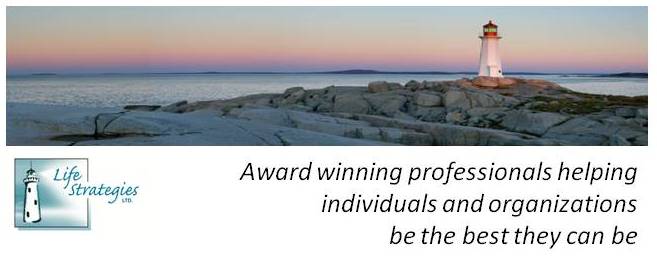 I’ve just returned from a career development conference in Toronto. In a number of significant ways, the energy was different from previous years:
I’ve just returned from a career development conference in Toronto. In a number of significant ways, the energy was different from previous years:- We’re in a recession. Funding cuts by governments and educational institutions have resulted in less professional development money. For several participants, this was the one conference they could attend this year. As a result, many saw their attendance as a privilege – they took the opportunity more seriously.
- The recession has resulted in significant pockets of unemployment throughout the country. Many career practitioners are busier than ever before. Several were connected to their offices via cell phones, email, or BlackBerries. Many spent lunch hours, evenings, and early mornings working from their hotel rooms.
- This relates to the skill shortage. Even the programs that had sufficient funding to hire additional staff couldn’t always find the right skill sets. It takes time to build capacity.
So...how can you sustain yourself during stressful, chaotic times of change?
- Be pro-active. Whenever possible, build resiliency in advance. It’s hard to initiate self-care during a “crazy-busy” time, so take advantage of quiet moments, whether during the lull before the storm or the sudden stillness in the eye of a tornado.
- Be responsive. Rigidly sticking to plans or routines is unlikely to be effective during times of significant change. Learn to adjust plans to accommodate new information and opportunities.
- Form partnerships, whether long-term and formal or short-term and strategic. It may be easier to ride out the storm with several life rafts strapped together than alone in rough seas.
- Reflect on lessons learned. In challenging times, it can be tempting to keep “doing” but it might be more effective to pause for a moment, step back, and look at the big picture. Challenging, chaotic times are often times of great growth. Take time to anchor that learning as soon as you can surface for air.
- Draw your line in the sand – at some point, continuously trying to do more with less is simply not sustainable. What responsibilities can you set aside, even temporarily, to make space for a crisis intervention? What breaks do you need to take to retain your health and productivity? What tasks can you delegate – at home or at work? What can you do that’s simply for fun?




1 comment:
Thanks for the tips, Roberta!
Post a Comment